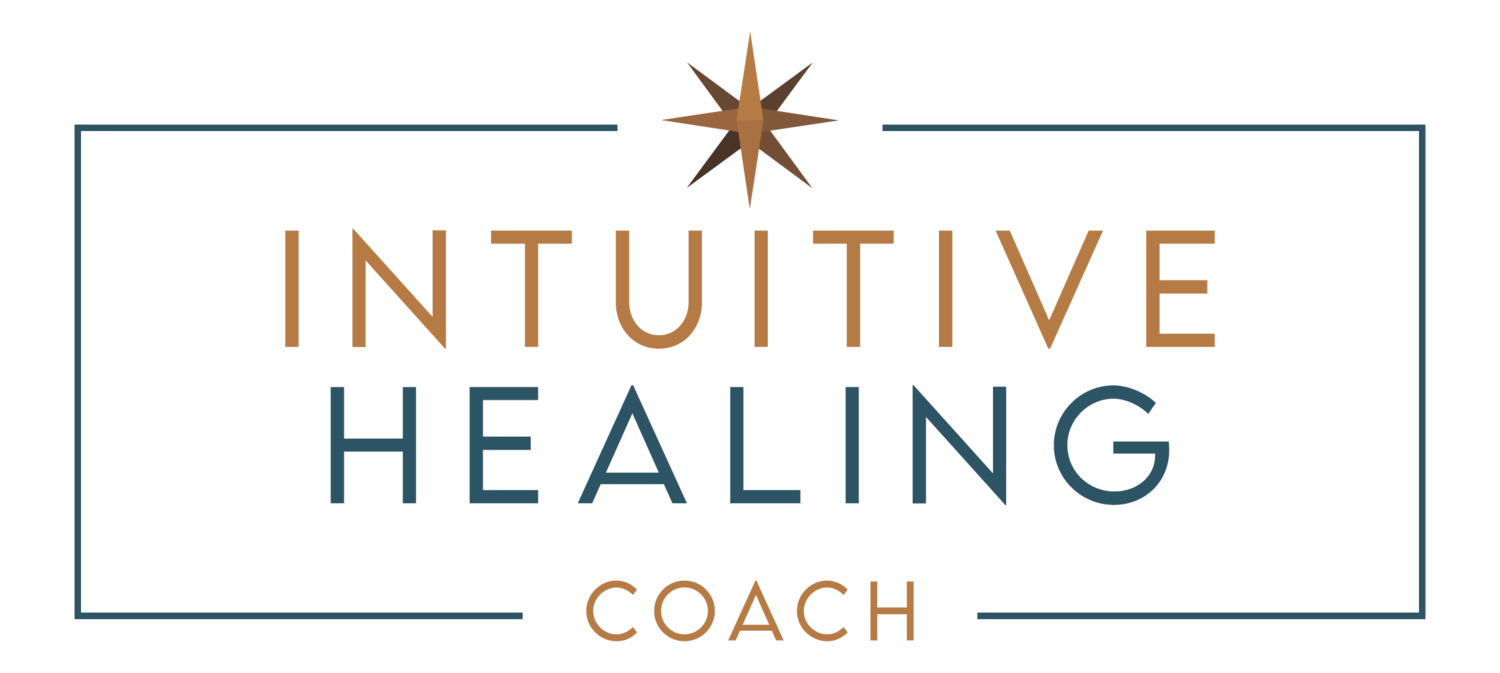Don’t Be a Relationship Chameleon
I mean, really, does this look like fun?
All humans are born with a deep desire to be connected to others.
We’re also born with a lovely side-order of profound fear of abandonment. In fact, the fear of abandonment is one of the only human fears that isn’t learned; we’re all born with it. It keeps us in a state of perpetually seeking connection with one another in order to better our chances of survival. This desire for connection is deeply primal, hardwired into our neurobiology: we were literally built for connection.⠀⠀⠀⠀⠀⠀
⠀⠀⠀⠀⠀⠀⠀⠀⠀
Despite this, so many of us are starved for real connection. And a global pandemic hasn’t helped. A February 2021 Harvard University survey reported that 61% of young adults feel “serious” loneliness, despite having more virtual connections than ever. But the loneliness problem isn’t new. Much research has been done in the last century to explore social isolation and its many negative impacts on mental and physical health (I’m waiting patiently for the study about its impacts on our energetic bodies). You probably won’t be surprised to know that the correlation between a reduction in lifespan and perceived loneliness is similar to that attributed to smoking 15 cigarettes per day.
A lack of quality relationships is literally killing us.
The bad feeling loneliness evokes is a biological warning of sorts, a signal that we’ve become separate from the group. It’s meant to drive us back toward connection and safety, where we’re rewarded with a delicious hit of feel-good hormones and neurotransmitters. So, what’s happening? Why, in a more-connected-than-ever society are we feeling more alone than ever?
In relationships, quality counts
This seems sorta obvious. Quality is usually better than quantity, after all. But from a biological perspective, this is the crux of the issue: we simply don’t neurochemically get the same satisfaction from hitting 10,000 followers on social media as we do from a supportive conversation where we feel truly heard. In fact, we’re hardwired to feel awful when we aren’t in true connection.
There’s a reason you’ve heard the phrase “starved for connection” before.
And yet, there’s little awareness that this difference in relationship quality is a thing. Sure, everyone wants deeper relationships. Expects them, really (thanks, Disney). But very few are willing to do the work required of themselves to actually create or sustain that. Honestly, it’s just easier to blame others (my partner isn’t stepping up! the dating pool is pathetic! my mother-in-law is awful!) than heal ourselves. We focus on others, not because it’s the only truth, but because it’s the one that serves us best in the short-term. It’s much easier to get on a new dating app than figure out why we’re attracted to emotionally avoidant partners. There’s almost no value placed on teaching and modeling what it really means to connect well with others.
Collectively, we’re literally feeding our relational bodies a saltine-cracker diet when we crave and need a smoothie- and then wonder why we feel so bad.
But here’s the look-in-the-mirror moment: if you attempt to connect relationally with others from a wounded, unhealed place you will never find true connection. You’re going to find attachment and probably feel perpetually disappointed, frustrated, and unfulfilled.
Attachments are saltine crackers.
Pretending those crackers are delicious and satisfying and nourishing is no way to live. Attachments are relationships with someone whose wounds and patterns provide a “match” for yours. Connecting like this happens through the context of your unhealed, wounded selves- not the whole, healthy, integrated individuals you want to be. You allow one another to stay in the conditioning and patterning you’re used to. It’s comfortable. But not necessarily preferable or even desirable. Attaching in this way defines the relationship until there’s conscious effort made- by each person- to do the personal work required to connect more healthfully and authentically within the relationship.
Relationship work MUST start with personal work (said lovingly to all the couples in joint therapy who are hoping the therapist gets through to their partner, while they aren’t really looking at themselves).
Your attachment style is seen in the relationship dance you unconsciously default to. For example, do you tend to behave in an avoidant way- maybe by hiding, withholding, and retreating? That’s not your personality type. It’s not your “way.” It’s your wounding.
Interacting through our wounding only gives us more of what we’re used to, believe we can have, or subconsciously creates safety for us. We choose it by default when we choose not to unlearn what we’ve been taught and heal our limiting beliefs and programming.
So it turns out that the quality in relationship profoundly matters. We’re not wired to desire unhealthy relational attachments and fake Instagram friends or any other substitute for deep and true relationships. While fake safety- fitting in- feels okay, we deeply desire real safety- true belonging. Which requires you to quit telling yourself you’re fine with eating saltine crackers when you’re literally not created to be satisfied with them.
wired to belong, not just fit in.
Creating attachments with others is done unconsciously- it happens quickly and easily and without you really being aware of it. From the outside it can look just like a deep connection, even if it’s not. The difference is felt, emotionally and energetically (yeah, the two things typically discounted most, right?)
But pretending to be satisfied with attachment comes at a high cost. Fitting in asks you to abandon yourself, to live a life through everyone else’s lens. Belonging requires you to know and be yourself- by quitting the addiction and reliance on everyone else’s lens.
The quality relationships we want require us to show up authentically. Only then can we be seen and valued and accepted as ourselves, not our wounding. To belong is to be deeply seen + valued.
Fitting in is a cheap substitute.
It takes a lot of energy- your literal life force- to constantly scan, evaluate, and manipulate energetics to secure relational attachments. You’re always in a state of needing to earn your validation and acceptance from outside yourself. It's exhausting and never-ending and requires you to be like a little chameleon, constantly changing your colors- not because you’re expressing yourself, but because you're furiously trying to figure out what everyone else's favorite color on you is.⠀⠀⠀⠀⠀⠀⠀⠀⠀⠀⠀⠀
Be a mood ring, not a chameleon.
Belonging isn’t about fitting in better; it’s the opposite of fitting in. It begins with the relationship with self, while fitting in doesn’t need you to know yourself at all- you only need to know who everyone else is. Belonging requires connecting with intention and integrity (not perfection!). It creates energy while building deep, true connection with others. It fosters peace, self worth, and authenticity. It provides the energetic space to simultaneously allow you to grow and transform into the best version of yourself {your birthright and purpose} AND to remember and rest in who you already are in each moment. Belonging only asks you to be who you truly are.
⠀⠀⠀⠀⠀⠀⠀⠀⠀
Instead of being like that poor little exhausted chameleon, frantically looking for safety by fitting in, imagine that you’re a mood ring. What others see from you comes from you- from your most beautiful, unique, authentic expression. Whatever color you display is perfect and true in every moment. And someone out there will love your unique, beautiful colors and never ask you to be anything else.





